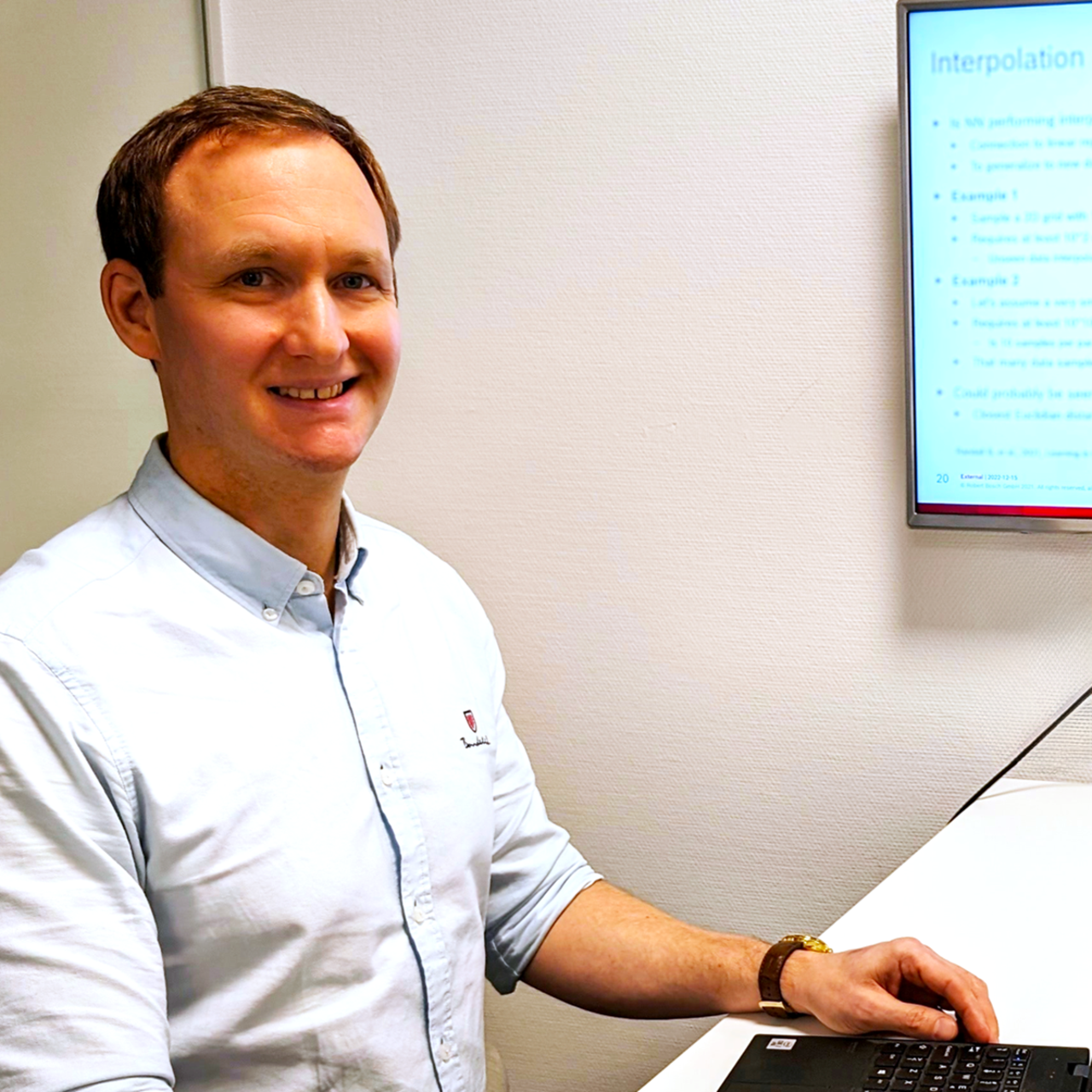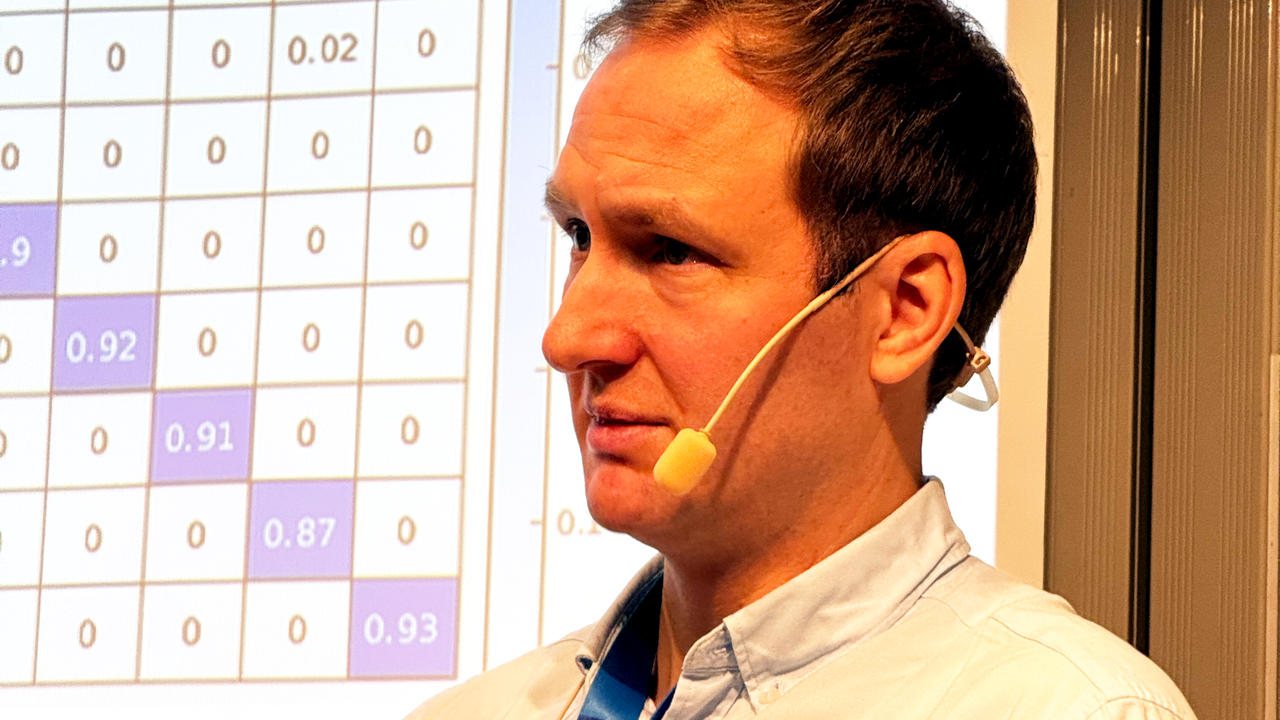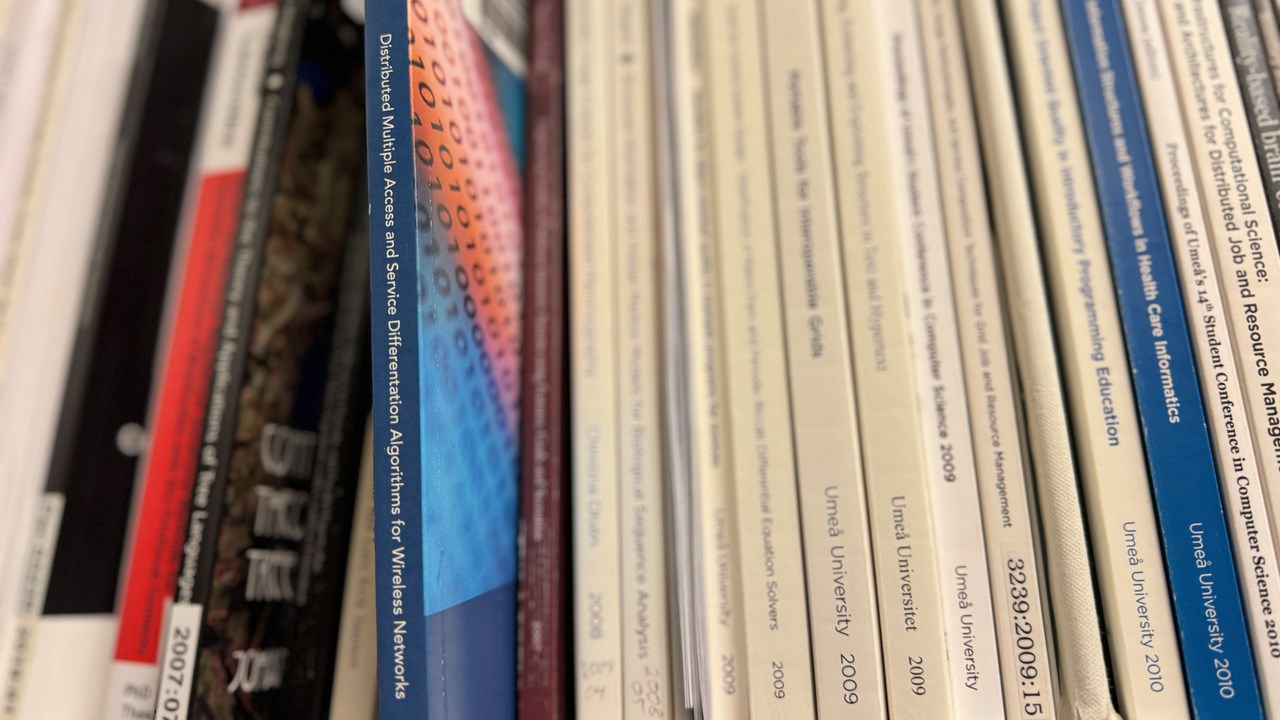Facts - Thomas Nilsson and the Bosch Group
Thomas Nilsson
Thomas grew up in Hörnefors, a town in northern Sweden, and started the Master of Science Programme in Computing Science and Engineering in the autumn of 1997. He was interested in wireless data communication and his degree project came to be about this. The telecoms company Ericsson invited him to work on a broadcast system integrated into a Wi-Fi network.
His supervisor Jerry Eriksson introduced him to doctoral studies at the department. He defended his thesis "Distributed Multiple Access and Service Differentiation Algorithms for Wireless Networks" in the winter of 2008. This was followed by employment at Ericsson and the processor manufacturer ARM. He now works at Bosch Sensor Tech as a Senior Data Scientist.
The Bosch Group
A German multinational technology group with business lines in a variety of markets. For example, the group is the world-leading producer of car components (according to a survey by Automobil magazine, 2019) (1).
They have developments in the field of energy and construction technology, and hardware and software development in mobility and IoT (Internet of Things). Bosch is best known to the general public for its production of household appliances.
The Bosch Group and all its subsidiaries are largely owned by a charitable organisation, Robert Bosch Stiftung GmbH. The special ownership structure of the company guarantees the Bosch Group's freedom to develop without the influence of shareholders, for instance. This allows the organisation to plan for the long term and to make significant investments to secure its future. In 2022, the Bosch Group donated 27.4 million euros to charitable purposes worldwide (2).
(1) Link to the Automobiles magazine article (German)
(2) Read more about the Bosch Group's work on sustainable development and their charitable efforts.




